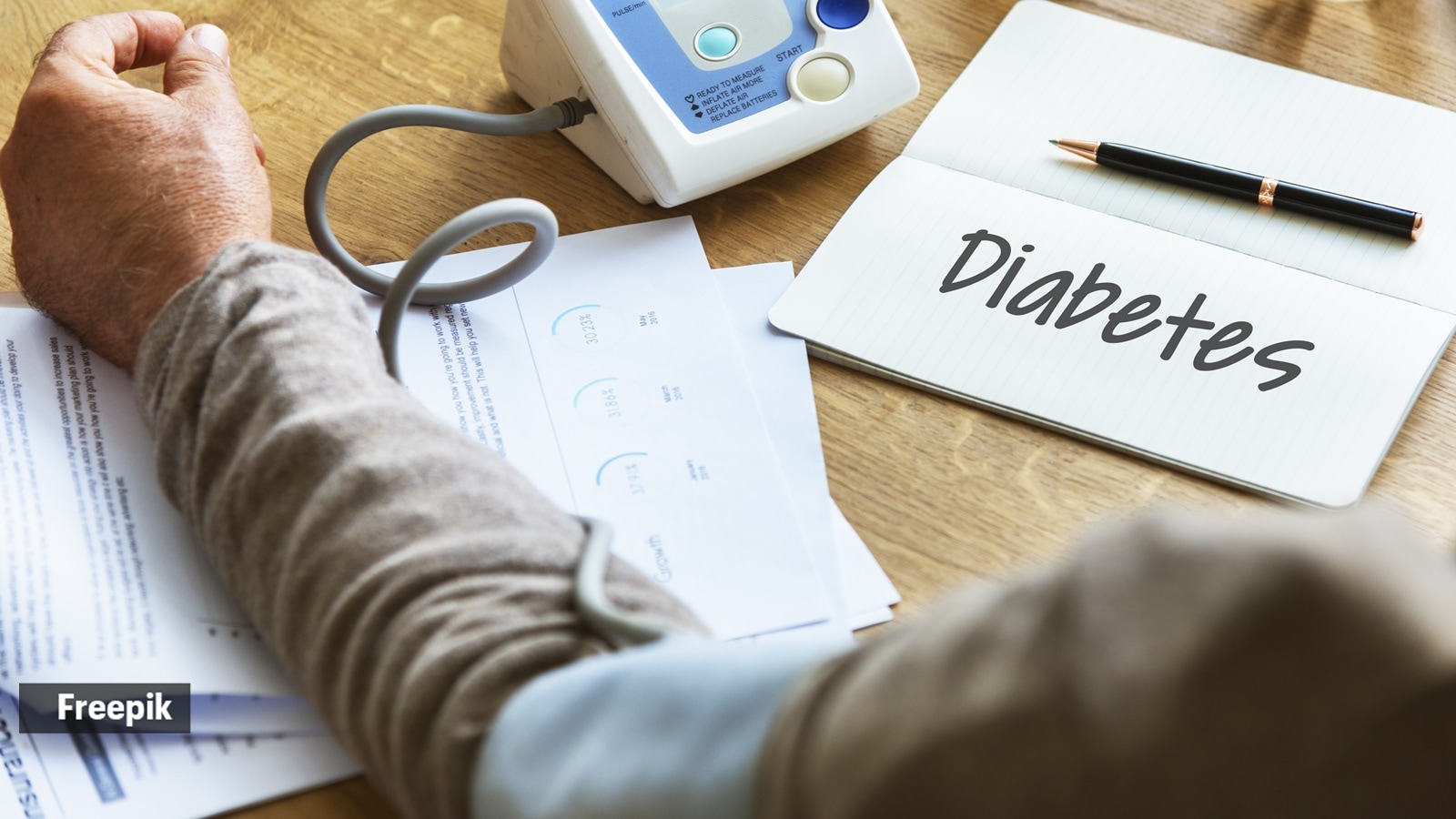Being diagnosed with type 2 diabetes at 35 can come as a shock, and it’s only natural to have doubts about medicines. So, when a Quora user asked, “I am 35 and just diagnosed with type 2 diabetes. The doctor prescribed Metmorfin twice a day. I am afraid of taking it. Is there any substitute for it or any other solutions to lower the type 2 sugar level?” we decided to verify with experts.
There are other medications for diabetes, but each comes with its own pros and cons. Doctors usually recommend metformin first due to its proven safety record, said Dr Aarti Ullal, physician and diabetologist, Gleneagles Hospital, Parel, Mumbai. She added that Metformin is recommended by doctors because it is safe, affordable, and works well to lower blood sugar by helping the body use insulin better. Some people may experience an upset stomach initially, but this often improves after a few days or weeks.
Suggesting alternatives, Dr Narander Singla, lead consultant, internal medicine, CK Birla Hospital, Delhi, said that if you are hesitant about taking metformin, there are several other options you can discuss with your doctor, including medications, natural alternatives, and lifestyle changes. “Among medications, GLP-1 receptor agonists such as Ozempic (semaglutide) and Victoza (liraglutide) are injectable drugs that mimic a natural hormone to control blood sugar, promote weight loss, and provide cardiovascular benefits. SGLT-2 inhibitors like Jardiance (empagliflozin) and Farxiga (dapagliflozin) are oral medications that help the kidneys remove glucose through urine while also supporting weight loss and reducing the risk of heart failure,” he said.
Story continues below this ad
 Are you on metformin? (Photo: Freepik)
Are you on metformin? (Photo: Freepik)
According to Dr Singla, DPP-4 inhibitors such as Januvia (sitagliptin) and Tradjenta (linagliptin) work by increasing incretin hormones that stimulate insulin production and reduce glucagon levels. “Sulfonylureas, including glipizide and glyburide, stimulate insulin production in the pancreas but may cause weight gain and hypoglycemia, while thiazolidinediones like Actos (pioglitazone) improve insulin sensitivity but can lead to fluid retention and weight gain,” apprised Dr Singla.
For those interested in natural approaches, options like berberine, cinnamon, curcumin, myo-inositol, D-chiro inositol, and N-acetyl-cysteine (NAC) have shown potential in improving insulin sensitivity and lowering blood sugar, though more research is needed on long-term safety and efficacy, said Dr Singla.
Beyond medications and supplements, lifestyle modifications remain crucial. Focusing on a diet rich in whole, unprocessed foods, incorporating regular physical activity, and maintaining a healthy weight can significantly support blood sugar control and overall health.
It’s important not to stop or replace medicine without your doctor’s advice. “Don’t just try any medication on your own without knowing how it will impact the body. So, adhere to the guidelines given by the expert, and you will surely be able to manage diabetes,” said Dr Ullal.
Story continues below this ad
DISCLAIMER: This article is based on information from the public domain and/or the experts we spoke to. Always consult your health practitioner before starting any routine.

